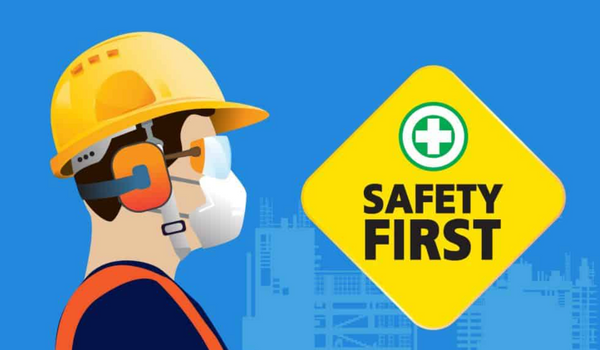What are your Health & Safety Rights at Work?




Every employee should know their rights when it comes to health and safety. It is essential that your employer has taken steps to provide a safe work environ-ment for you and your colleagues so that you can work safely and with confi-dence each day. Unfortunately, accidents and injuries are common (especially in certain industries) and sometimes this will be as a result of employers failing to meet their health and safety responsibilities.
What are the Main Rights?
So, what are the main rights that employees have in regard to health safety? This includes adequate training to ensure that health and safety procedures are understood and adequate personal protection equipment is available for all em-ployees. A safe work environment must be provided and maintained where oper-ations without the environment are carried out safely. Employers should also provide a suitable provision of information, instruction and supervision.
Who is Responsible for Health & Safety?
In terms of responsibility, everyone within the organization is responsible for health and safety to a certain degree. The Health & Safety at Work Act 1974 outlines the general duties of everyone, including employers, employees and managers. It is employers that hold most of the responsibility, though, as they are the ones that have an obligation to create a safe work environment for em-ployees (and any visitors to the work site). This means that employers should carry out risk assessments, identify who needs protection, implement procedures and create health and safety policies as well as provide proper training to staff.
What Should You do if You’re Hurt at Work
No one expects to get hurt on the job, but this can happen and there are even hazards in an office-based setting. Slips, trips and falls, repetitive strain, lifting injuries and accidents while using machinery are a few of the most common types. It is important that you know the safety equipment you can invest in to prevent you or a colleague getting injured. Obviously, medical care will be the primary consideration but you will also need to report the accident to your man-ager. If possible, you should take photos, get contact details of witnesses and make notes on exactly what happened (you should also see if there is CCTV footage). If you believe that the accident was not your fault, you could be enti-tled to compensation and will want to speak to a personal injury lawyer.
The information in this post should be useful and help you to gain a better under-standing of your rights as an employer. If you believe that your employer is not meeting their responsibilities to provide a safe work environment, you need to take action as accidents in the workplace can be serious and life-changing. Hope-fully, this will never be an issue but it is important that you know your rights and feel safe at work.